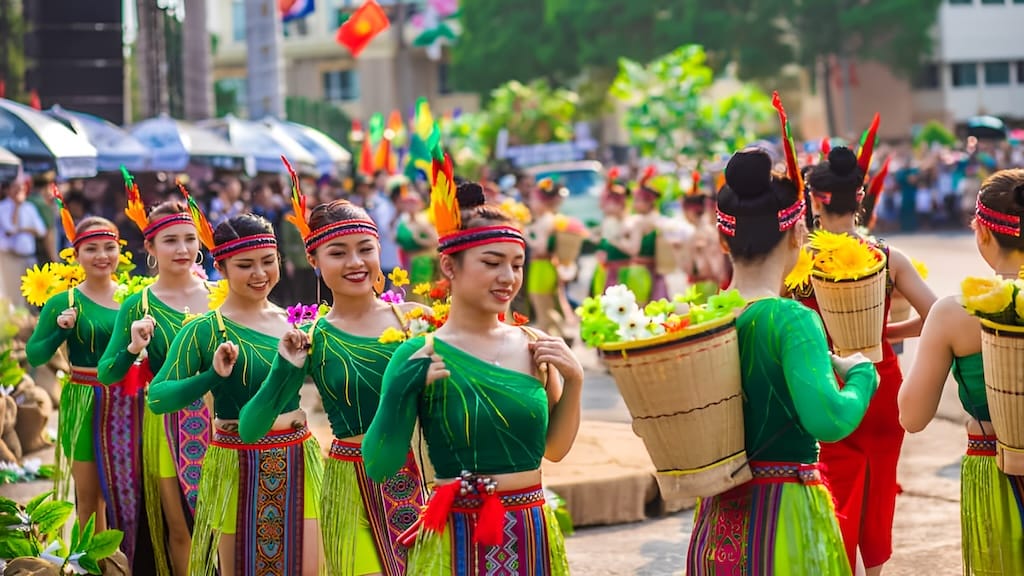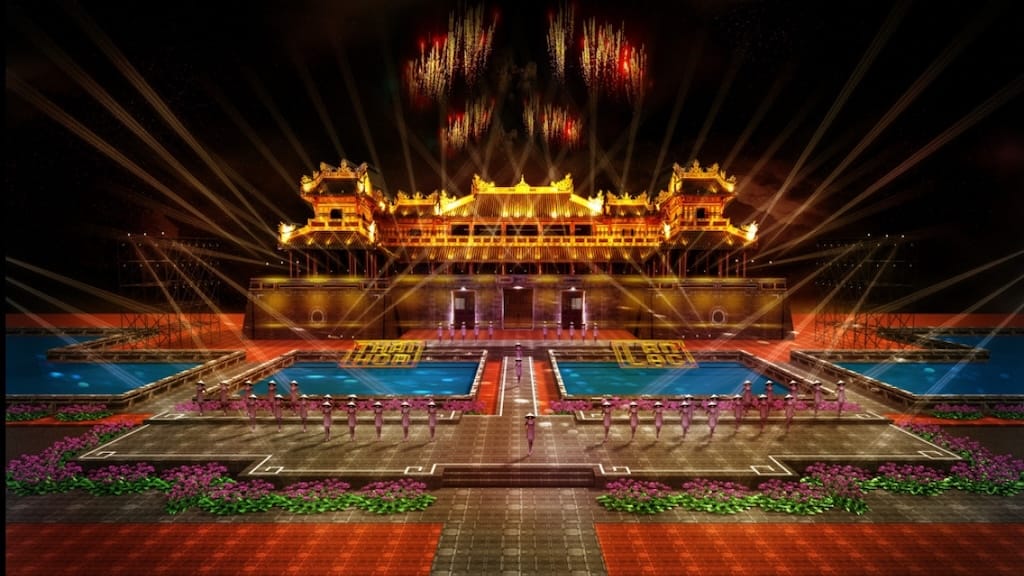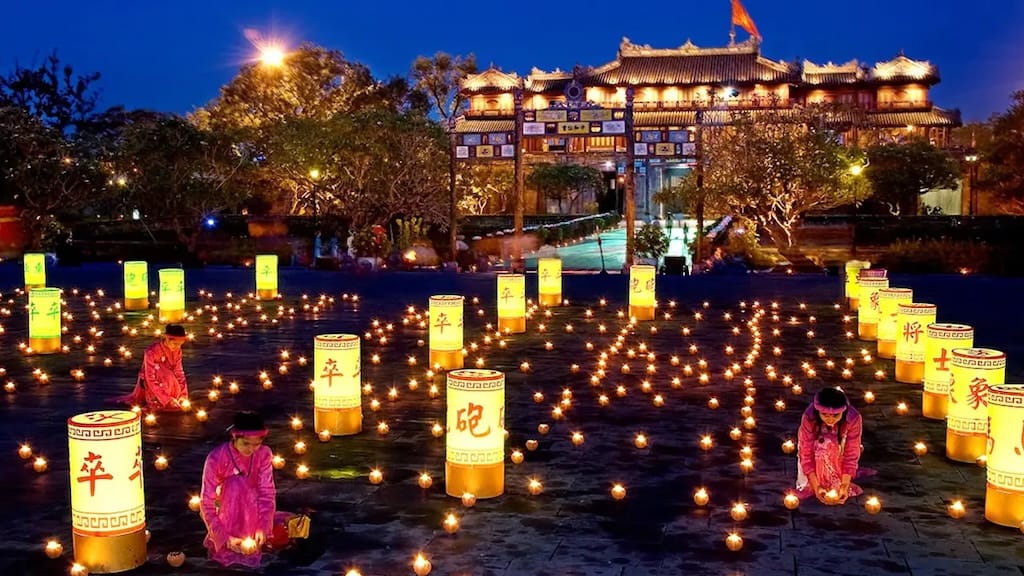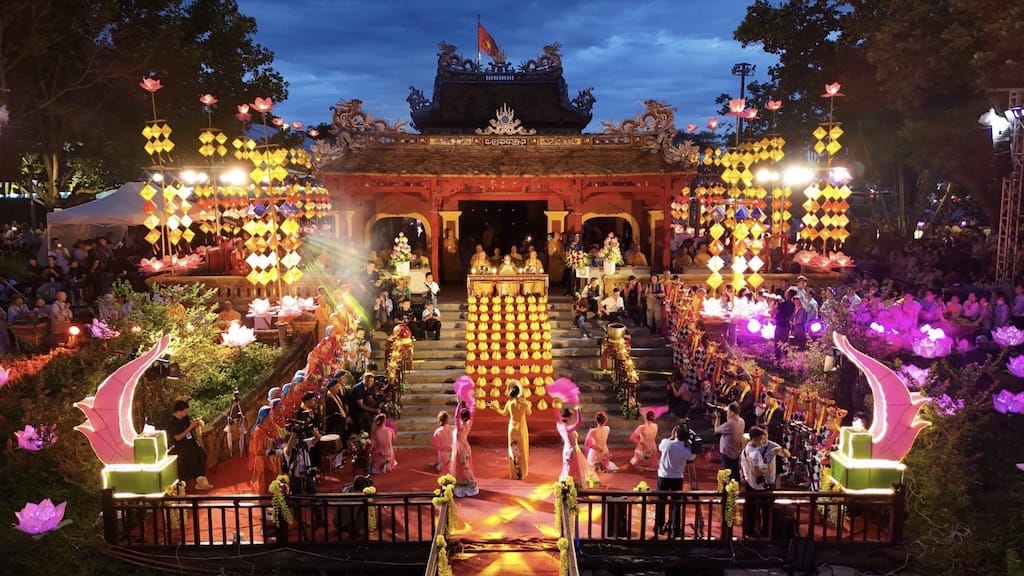
The Hue Festival: Vietnam's Celebration of Cultural Heritage
Tucked away in the heart of Vietnam, the Hue Festival is a spectacular celebration of the country's rich history, vibrant traditions, and artistic treasures. Held biennially in the ancient city of Hue, this festival is a tribute to Vietnam's resilient cultural spirit and an absolute must-visit for anyone looking to immerse themselves in the splendor of Southeast Asian heritage. With its dazzling performances, centuries-old ceremonies, and vibrant atmosphere, the Hue Festival offers a unique opportunity to experience the soul of Vietnam in one of its most symbolic locations.
A Journey Through Time: The Historical Background of the Hue Festival
The Hue Festival traces its roots back to the Nguyen Dynasty, which ruled Vietnam from 1802 to 1945. During this period, Hue served as the imperial capital, becoming a hub of arts, culture, and tradition. The festival itself, however, is a relatively modern creation, first held in 2000 to celebrate the city's historical significance and revive its cultural heritage. Over the years, it has grown into one of Vietnam's most eagerly anticipated events, attracting visitors from around the globe.
The festival's origins are deeply linked to the royal ceremonies of the Nguyen Dynasty, renowned for their opulence and attention to detail. These ceremonies often included elaborate performances, classical music, and rituals that celebrated the harmony between humanity and nature. Today, the Hue Festival pays homage to these traditions while incorporating contemporary elements, creating a dynamic blend of old and new.
One of the most significant milestones in the festival's history was its recognition as a national event in 2006, solidifying its importance in Vietnam's cultural calendar. Since then, it has expanded to include international collaborations and experimental performances, showcasing the city's creative potential.


A Feast for the Senses: Typical Activities at the Hue Festival
The Hue Festival is a vibrant mix of activities that cater to a wide range of interests. From traditional performances to modern art installations, there's something for everyone to enjoy. Here are some highlights:
- Opening Ceremony: A spectacular display of music, dance, and fireworks that sets the tone for the festivities.
- Cultural Performances: Attend royal court music, folk dances, and contemporary theater, often held at the Imperial City, a UNESCO World Heritage Site.
- Community Participation: Locals take part in parades, lantern processions, and traditional games, creating a lively and inclusive atmosphere.
- Workshops: Engage in hands-on activities like calligraphy, pottery, and traditional crafts.
The Imperial City serves as the main stage for many events, providing a breathtaking backdrop that enhances the overall experience.
Embracing Tradition: Customs and Practices at the Hue Festival
At its core, the Hue Festival is a celebration of Vietnamese traditions, reflected in its customs and practices. Here are some key elements:
- Nam Giao Offering Ceremony: A reenactment of an ancient royal ritual that pays tribute to heaven and earth, symbolizing the deep spiritual connection in Vietnamese culture.
- Traditional Cuisine: Savor local dishes like banh khoai pancakes and che desserts, offered by street vendors and restaurants.
- Music and Attire: Enjoy traditional music performances, such as ca tru and nha nhac, recognized by UNESCO as intangible cultural heritage. Many participants also wear the elegant ao dai, a traditional Vietnamese garment adorned with intricate embroidery.
Planning Your Visit: What to Expect at the Hue Festival
If you're planning to attend the Hue Festival, here's what you need to know:
- Timing: The festival typically takes place in April or May, coinciding with Hue's pleasant spring weather. This is also an ideal time to explore attractions like the Perfume River, Thien Mu Pagoda, and the Royal Tombs.
- Location: Events are held across the city, with the Imperial City as the main hub.
- Accommodations: Options range from luxury hotels to budget-friendly guesthouses. Book early to secure your preferred stay.
- Accessibility: Most venues are within walking distance, but the festival attracts large crowds, so patience and flexibility are essential.
- Local Experiences: Extend your stay to enjoy boat rides on the Perfume River or visits to nearby rural villages.
For first-time attendees, hiring a local guide can enhance your experience by providing deeper insights into the festival's history and significance.


A Cultural Treasure to Experience
The Hue Festival is more than just an event; it's a celebration of Vietnam's cultural identity and a testament to the enduring legacy of its imperial past. Whether you're a history enthusiast, an art lover, or simply someone seeking to experience the beauty of Vietnamese traditions, this festival offers an unforgettable journey into the heart of Vietnam.
As you stroll through lantern-lit streets, listen to the haunting melodies of traditional music, and savor the flavors of local cuisine, you'll understand why the Hue Festival holds such a special place in the hearts of the Vietnamese people. So, mark your calendar, pack your bags, and prepare to immerse yourself in one of Asia's most captivating cultural celebrations. The Hue Festival awaits, promising memories that will last a lifetime.